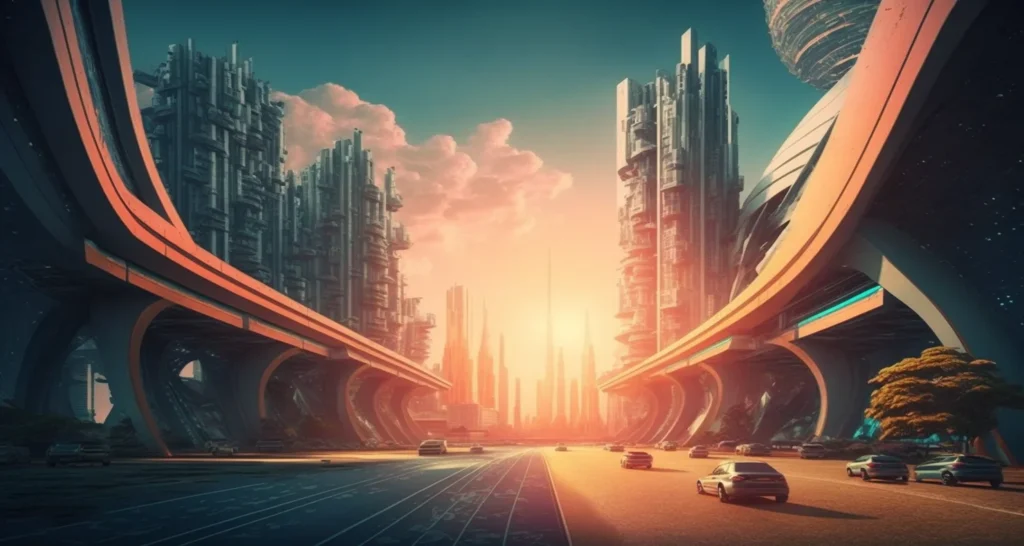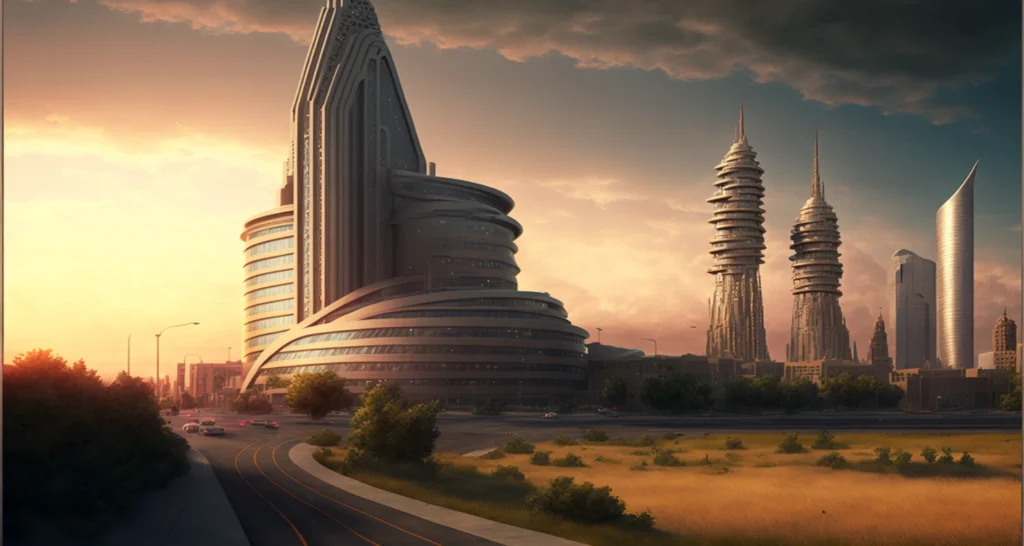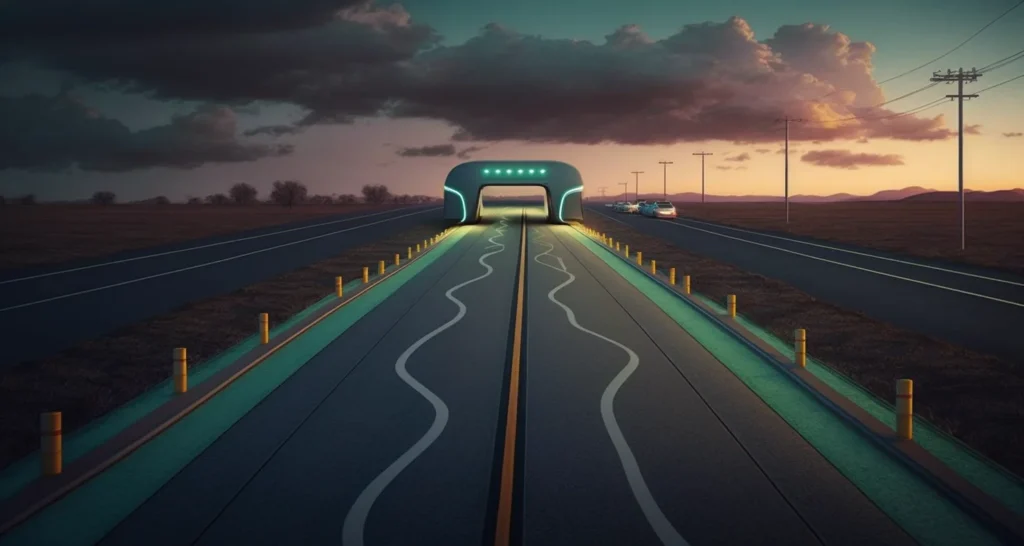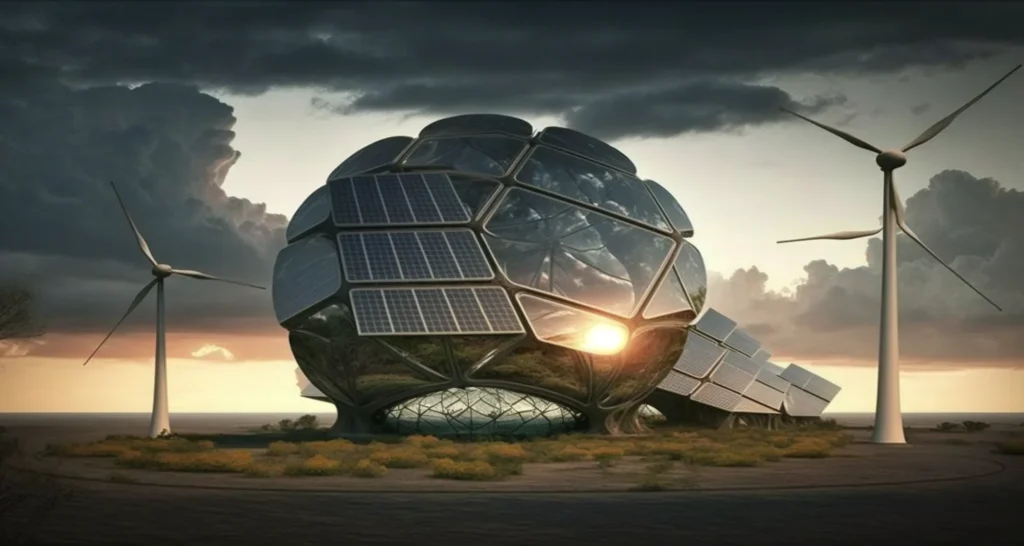In the modern world, technology has played a very pivotal role in the area of construction control as well as quality improvement. This has significantly enabled the stakeholders in the construction business to utilize their time sparingly and also has necessitated the reduction in the raw materials required to achieve this. This, therefore, means that the overall cost and time required in the management of smart roads and bridges has been changed positively, by improving their quality.
So much can be achieved in a short time span, since any repair schedules that are unplanned and system failures can be spotted easily and corrected. This concept of smart roads and bridges is receiving acceptance worldwide because of improved connectivity. In essence, the market for smart roads and bridges is expected to hit $2,660.0 million marks by 2022, with an expected growth of 24.1% between 2016 and 2022, when the forecast was done. There are 5 key smart road technologies that will feature prominently in the years to come. They include solar roads, self-healing concrete roads, electric charging stations, road police drones, and technology for detecting weather conditions.
The smart road concept involves the combination of information technology (IT), a monitoring system for the causes of road accidents, an Intelligent Transportation System (ITS), Smart energy converter like in the case of solar energy, which can be easily converted into electrical energy, road marking that is radioactive for night display, road dividers for increased usability of the road, application of the Global Positioning System (GPS), use of Internet of Things technology to be applied in the wireless charging of vehicles including other many innovations. This paper, therefore, delves into the issue of smart roads and how they will impact the transportation system in the future. The paper will, therefore, try to give a clear picture of how the road network will look like in the future, with clear pictorial presentations as illustrated by the architects.
The smart road concept will ensure that in the future there will be proper management of the traffic because it will be easy to monitor real-time traffic trends because of the application of sensors that can automatically detect accidents. Data in real-time will enable the proper management of congestion, especially in major cities as witnessed today. This information will enable the authorities to spot any anomalies on the roads, making it easier for the repairs to be done in time. The sensor will also have the capability to identify any environmental hazards that may occur as a result of adverse weather conditions and as such, the concerned authorities will take the necessary precautions to avert any accidents and also be able to manage the pollution levels that could be imminent. The future smart roads will also have light sensors that will make sure that all the bridges and highways are well lit at all times regardless of the extreme weather conditions. These future roads will minimize the time taken when driving because of reduced congestion on the roads. This is so because of the high-quality standards observed during their construction.
There will be enhanced car-to-car communication because of the Internet-of-Things (IoT) concept. It is because of this that there will be a decrease in the disastrous levels because of real-time reporting that is involved. The cars will be safer and smarter with the ability to check on the driver’s alertness whereupon; they will be able to communicate the conditions of the traffic conditions of the rods and also the expected weather. In fact, the future will also see smart cars taking over the steering and braking functions of conventional cars just to reduce the levels of accident cases being experienced today. The impetus behind all this technology is the creation of a safer and reliable transportation system for the future.
Smart roads of the future, therefore, will be in a position to bring about the desired safety in the sense that they will mitigate the accident causal effect by the use of technology. On the same note, the security on the highways will be enhanced especially for both man-made and natural disasters. Together with this, there will be a two-way communication on the possibilities of any undesirable outcomes. The recovery and response time will be boosted courtesy of modern technology. There will also be enhanced comfort during travel time in the sense that there will be adequate signaling and visibility of the road and its environs. The ITS technology has greatly assisted in the reporting of the conditions of the highways and as such repairs have been done on time to avert any chances of calamities that could have occurred due to poor road conditions.













